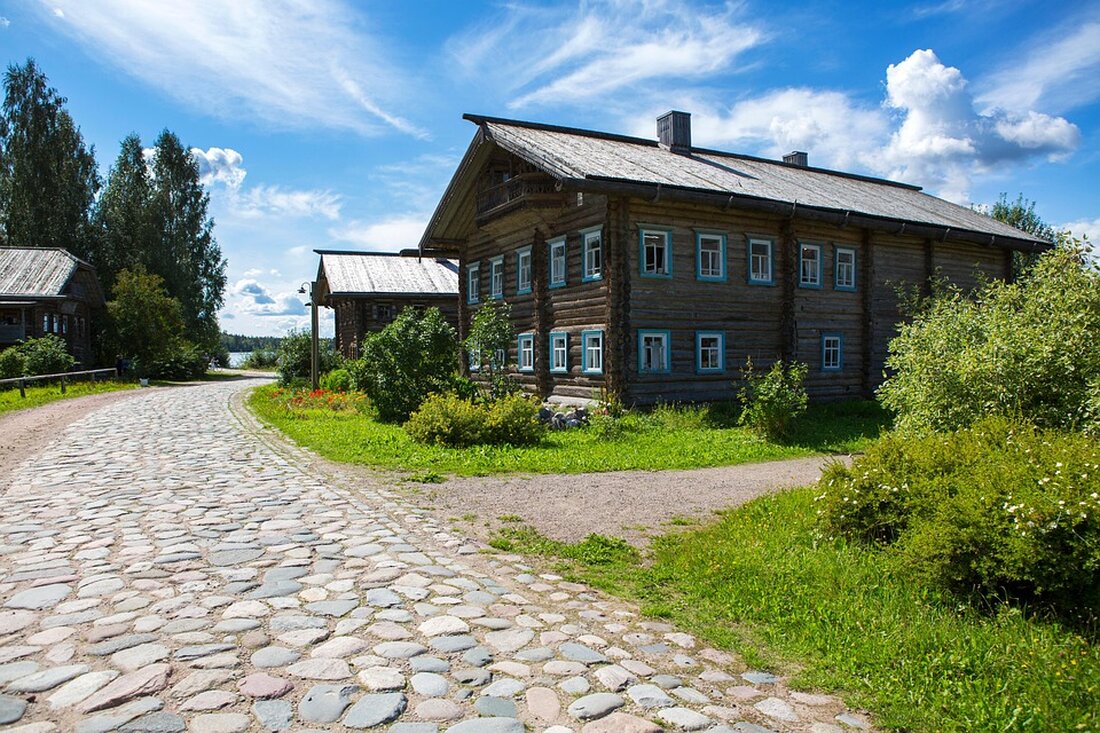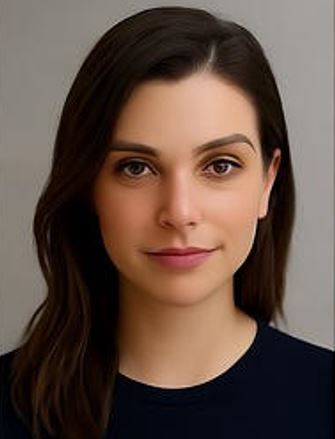Putin's Russia: Ministerial appointments and their significance for the power structure
The death of former transport minister Roman Starovoit highlights the dangerous balance of power in Putin's Russia and the growing threat to loyal bureaucrats. A look behind the scenes.

Putin's Russia: Ministerial appointments and their significance for the power structure
On Monday, when reporting on the apparent suicide of Russia's former transport minister Roman Starovoit As it was reported by state media, one detail particularly stood out. Near his body, investigators discovered a Glock pistol that had been presented to Starovoit as an award, the Kommersant newspaper reported report was presented with a velvet-covered weapon from the Ministry of the Interior. Starovoit's death came amid reports suggesting his possible involvement in a scheme to embezzle millions of dollars earmarked for border defense. These defenses would no doubt have been helpful when Ukrainian troops launched a surprise attack there last August.
A picture of decay
It is unclear whether it is the same pistol and whether the corruption case was related to his dismissal or death, as there were no official reasons for this. But the image created by this situation is that of a state-sponsored suicide, a once-rising star among Putin's political elite found dead near his Tesla - a symbol of the fruits of his former loyalty. This depiction has a particularly painful meaning in Russia today.
Kremlin's increasing control
After more than three years of Putin's unprovoked war against Ukraine, the Kremlin's political cocoon is contracting again. Loyalty to the regime is no longer a guarantee of security, and there are fewer and fewer places to hide from the barbaric consequences. For many Russians, old fears are returning. “The smell of Stalinism wafts from this history,” wrote exiled Russian dissident Ilya Yashin on X.
A dangerous environment for the opposition
The situation has recently worsened further. In mid-June, Russia's Supreme Court banned the opposition Citizens' Initiative party, which had unsuccessfully tried to field the only anti-war candidate, Boris Nadezhdin, in the 2024 presidential election. The court accused her of not having taken part in elections for seven years. “It’s a tragic farce,” party leader Andrey Nechaev told supporters last month.
The end of independent election observation
Independent election monitoring, which was already severely restricted in Russia, is now also coming to an end. On Tuesday, Golos, Russia's last independent election observatory, announced its closure to.
The dramatic developments in the economy
Tensions are even increasing in the economic sector. On Saturday, Konstantin Strukov, the head of Yuzhuralzoloto, one of Russia's largest gold mining companies, was arrested while trying to leave the country on his private jet. Shortly before, Russia's Prosecutor General's Office launched legal action to nationalize the company, alleging that Strukov had abused his position in the regional government to gain control of the company.
Conclusion: An intensifying climate of fear
The death of Roman Starovoit recalls many past events, but also highlights the current challenges and dangers facing Russians. The political climate is becoming increasingly repressive as the Kremlin continues to expand its control. Efforts to nip any resistance, be it political surveillance or economic intimidation, in the bud are clearly visible.

 Suche
Suche
 Mein Konto
Mein Konto
